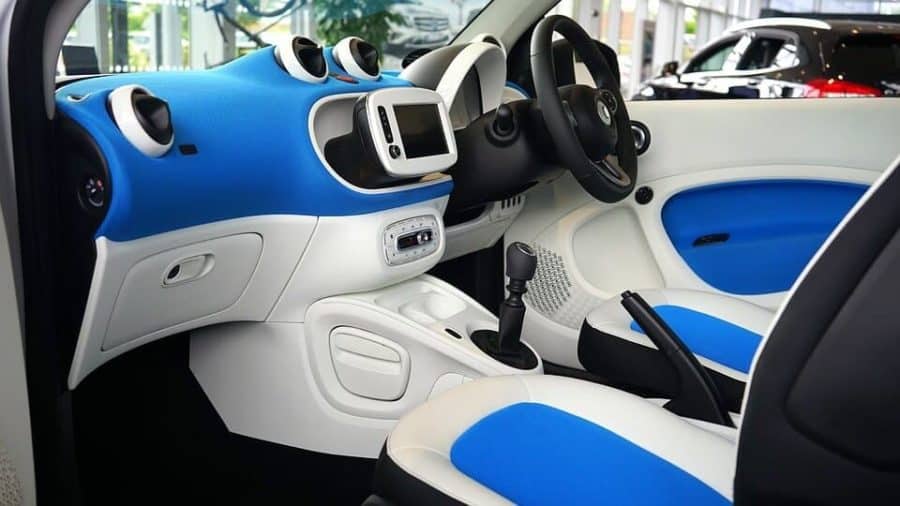The expectation that automated vehicles will make drivers’ jobs easier, especially if they’ve been behind the wheel for an extended period, may be more than a little flawed, according to a study by human factors/ergonomics researchers at Texas Tech University.
In their newly published Human Factors article, “Driver Vigilance in Automated Vehicles: Hazard Detection Failures Are a Matter of Time,” Eric Greenlee, Patricia DeLucia, and David Newton evaluate whether increased time on the road could reduce drivers’ ability to detect and respond appropriately to an automation failure.
Greenlee, an assistant professor of human factors psychology, notes, “State-of-the-art vehicle automation systems are designed to safely maintain lane position, speed, and headway without the need for manual driving. However, there are some situations in which the automation system may fail without warning. To compensate for this, drivers are expected to remain vigilant, continuously monitor the roadway, and retake control of their vehicle should the need arise, but past research has shown that a person’s ability to remain vigilant declines as a function of time.”
To test the role of vigilance in automated driving, the researchers asked 22 young adults to drive a simulated automated vehicle for 40 minutes. The drivers’ task was to observe vehicles stopped at intersections and distinguish between those that were positioned safety versus unsafely, a roadway hazard that the simulated vehicle’s automation could not detect. Participants then pressed a button on their steering wheel to indicate a dangerous vehicle.
The drivers detected 30% fewer hazards at the end of the drive than at the beginning, and they also tended to react more slowly to hazards as the drive progressed. Additionally, participants reported in a post-task questionnaire that monitoring for automation failures was difficult and stressful.
“Our results demonstrate that there are high costs associated with the need for sustained supervisory duty in automated vehicles,” Greenlee adds. “And the expectation that a human driver will provide reliable, attentive oversight during vehicle automation is untenable. Monitoring for automation failures can be quite demanding and stressful, suggesting that vehicle automation does not ensure an easy or carefree driving experience. As a result, vigilance should be a focal safety concern in the development of vehicle automation.”
If our reporting has informed or inspired you, please consider making a donation. Every contribution, no matter the size, empowers us to continue delivering accurate, engaging, and trustworthy science and medical news. Independent journalism requires time, effort, and resources—your support ensures we can keep uncovering the stories that matter most to you.
Join us in making knowledge accessible and impactful. Thank you for standing with us!


There is a strong and urgent need to make driverless vehicles. If drivers have to take over when the autonomous vehicles err, then what is the point in having such vehicles? Evidently, the algorithms technology has to be made fool proof. If we have a look at the number of deaths in vehicles related accidents in any country, that is very high and incresing daily. In countries like India, that stands at the top. If we could make autonomous cars such that they do not get involved in accidents, we can reduce the number of accident related deaths to almost nil. If any country urgently requires autonomous vehicles for these reasons, it’s got to be India first. However, nothing has been heard about that from the Indian government as per media reports. I suggest the top algorithm experts from all the nations make simultaneous efforts towards that direction. Where there is a will, there certainly is a way.